It is often assumed that existentialism and “poststructuralism” think differently toward the subject and its place in thought...
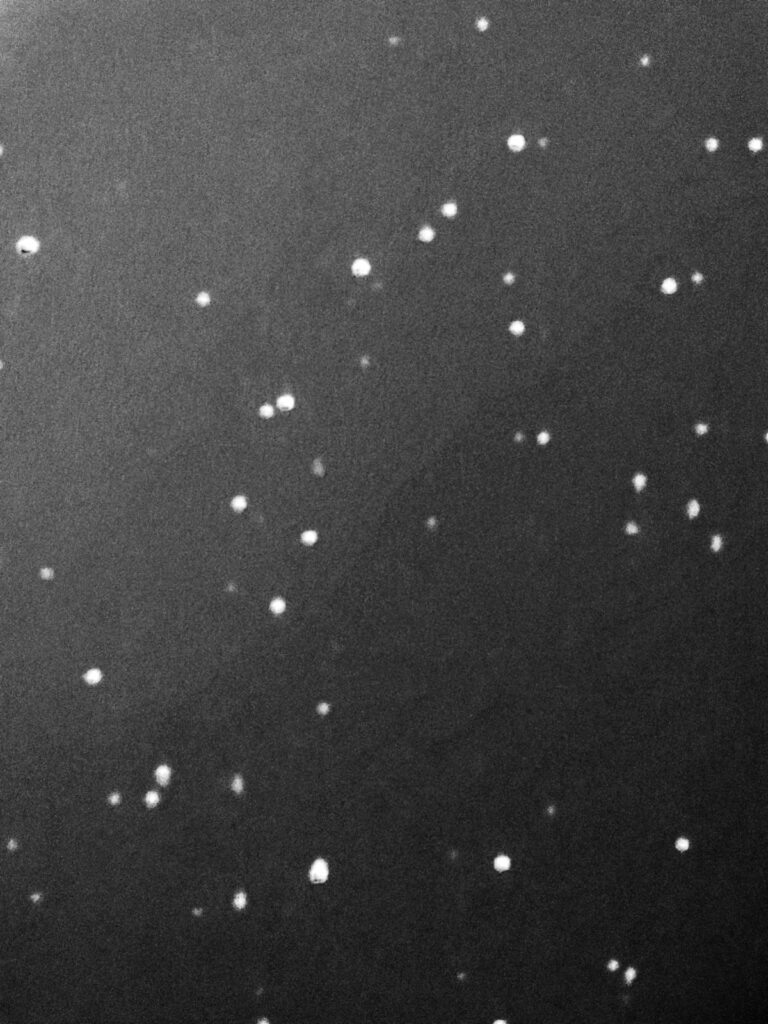

It is often assumed that existentialism and “poststructuralism” think differently toward the subject and its place in thought...
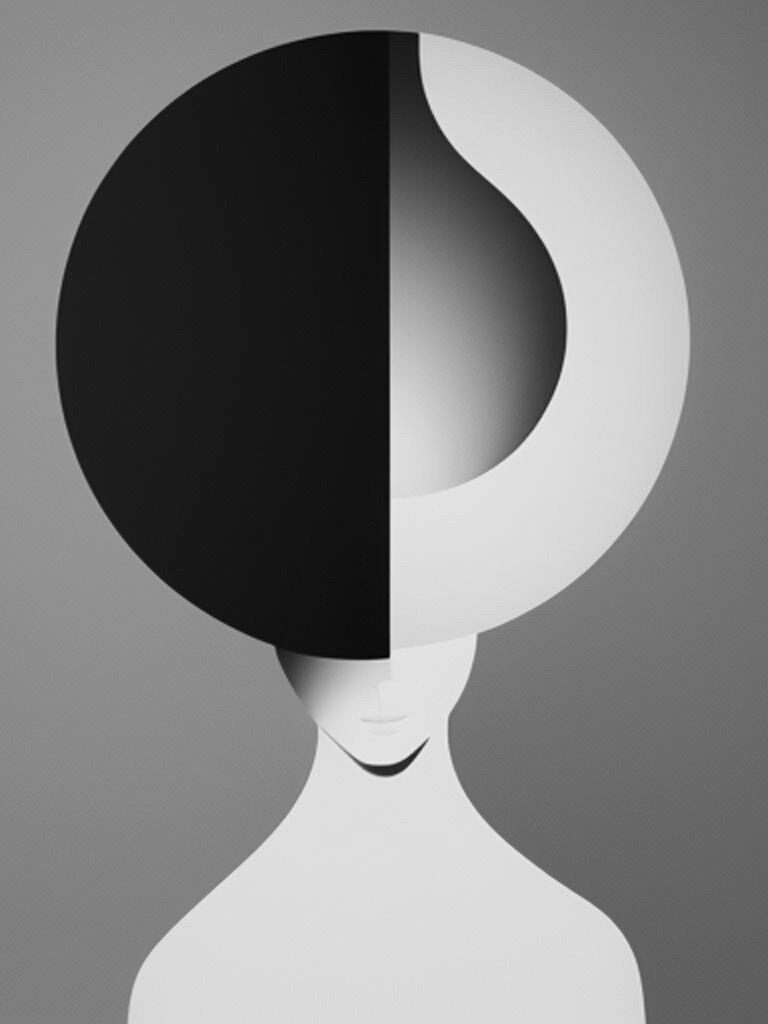
In the writings of Foucault, religion is thought in light of the death of God and man and...
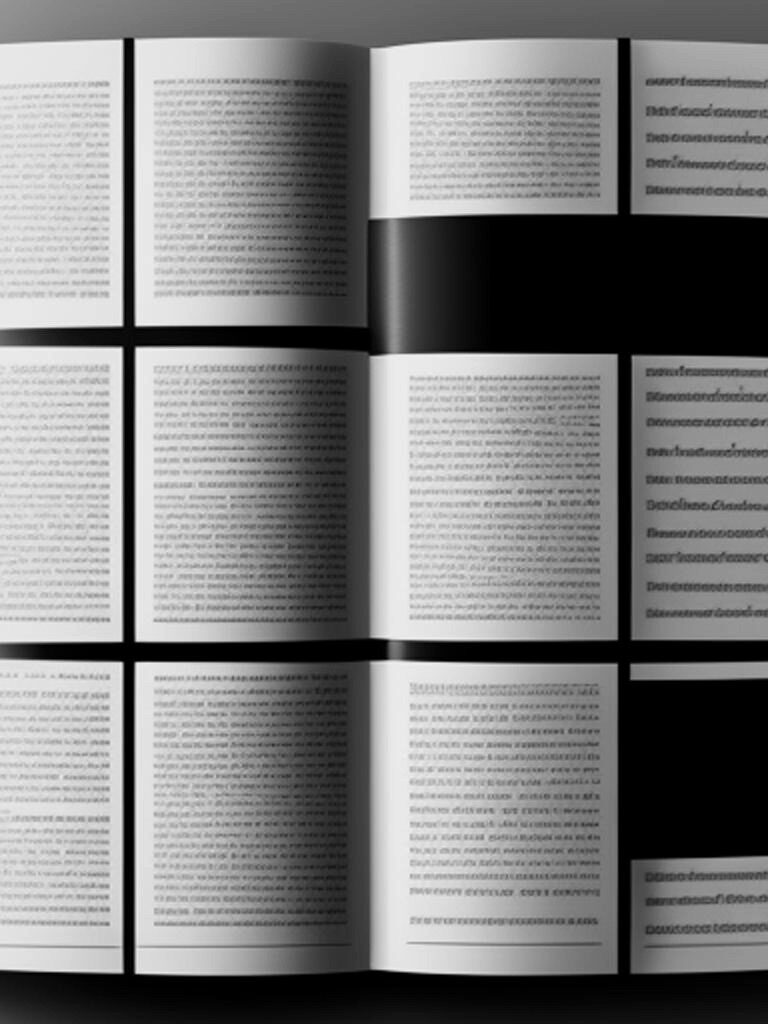
Derrida problematizes translation by deconstructing the places that philosophy reserves for speech and writing, originals and copies, and...
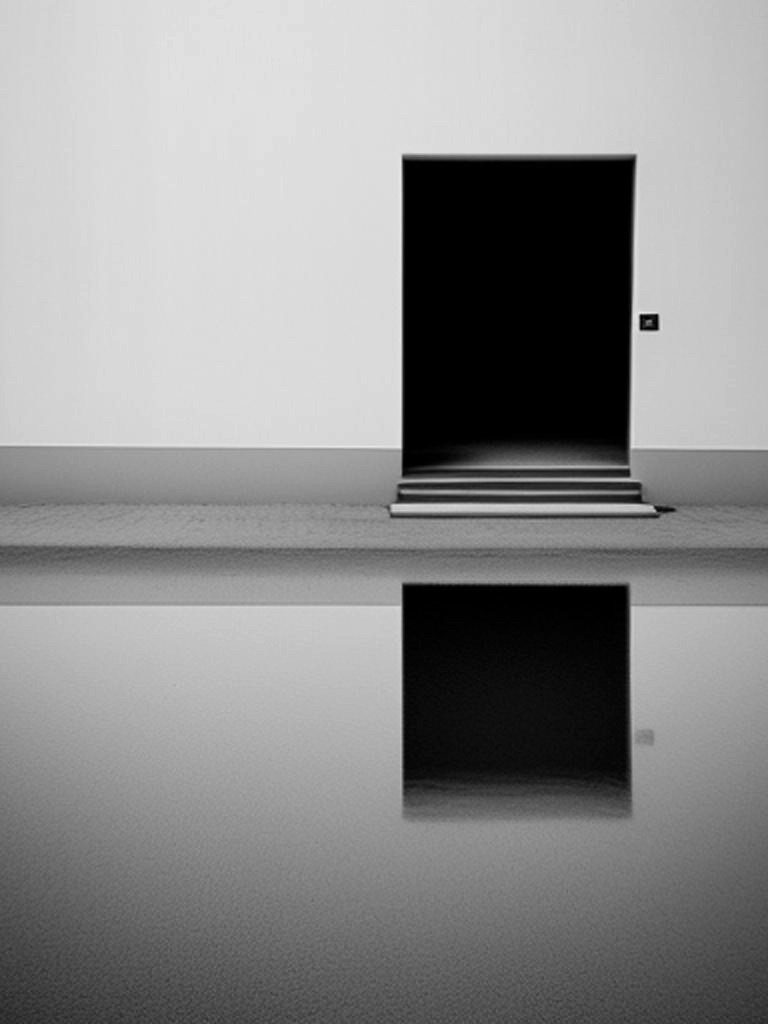
For Derrida, death is a border that has no borders, resembling God, and is thus an aporia. Derrida...
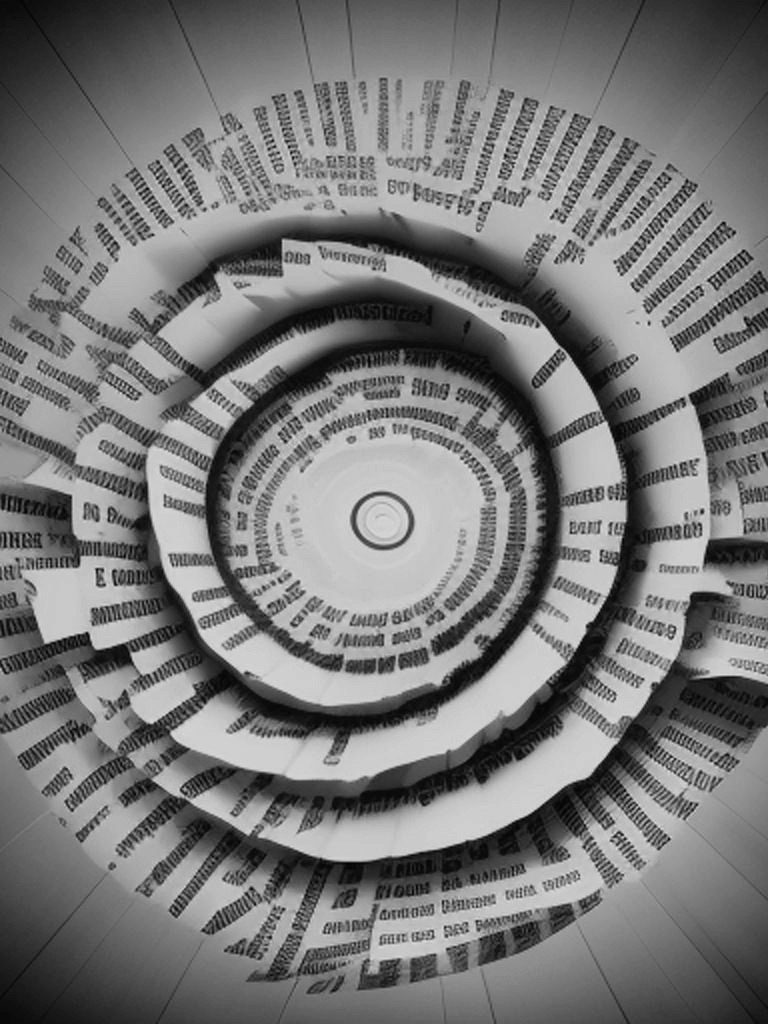
Foucault thinks language according to a movement, which appears repeatedly in his writings, of simultaneous constituting and undoing,...
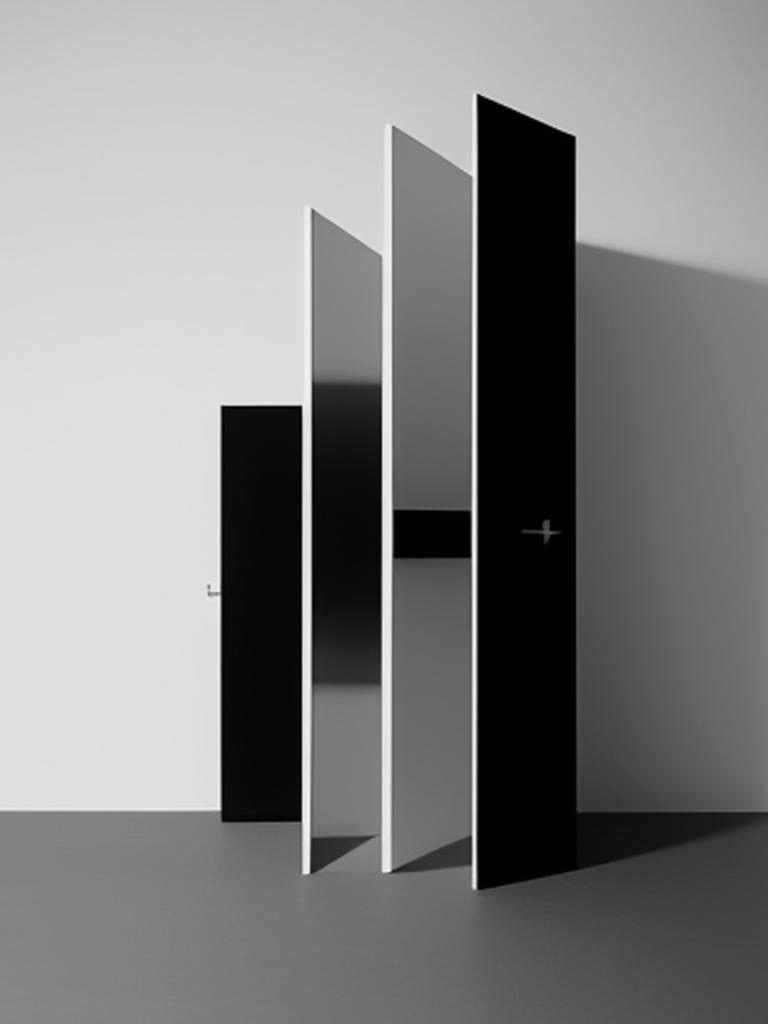
Derrida deconstructs hospitality and all acts of welcoming by exposing them to their own impossibilities, that is, by...
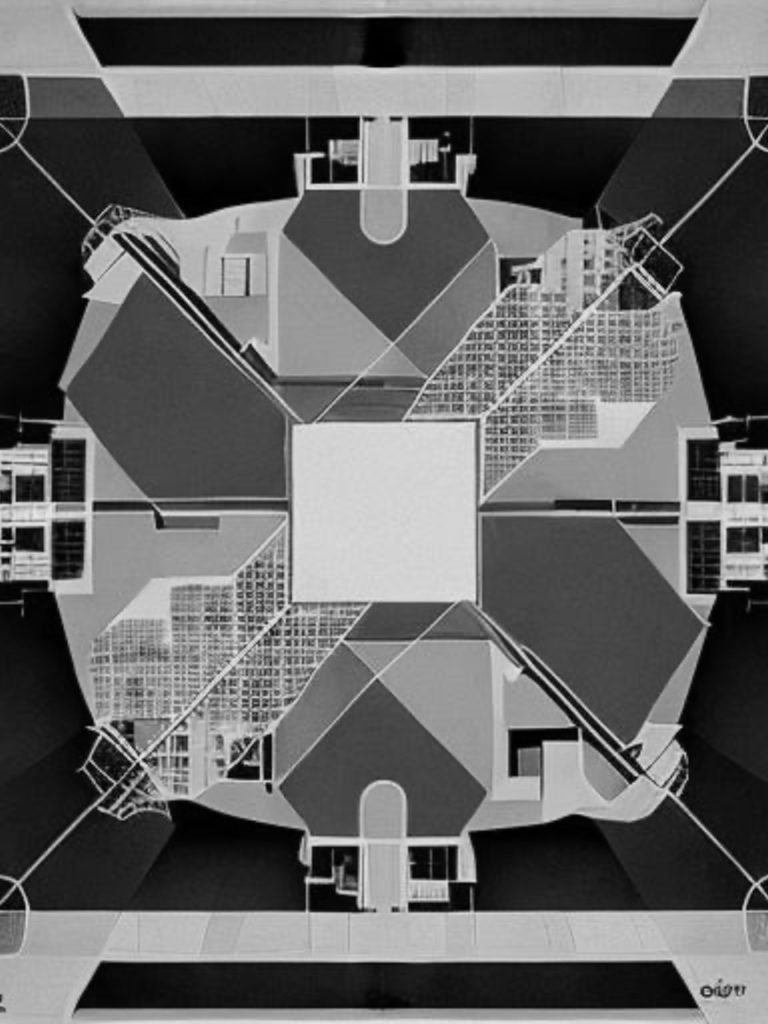
Foucault’s archeology is, according to Foucault, an archeology of knowledge. Knowledge is that toward which the archeological activity...
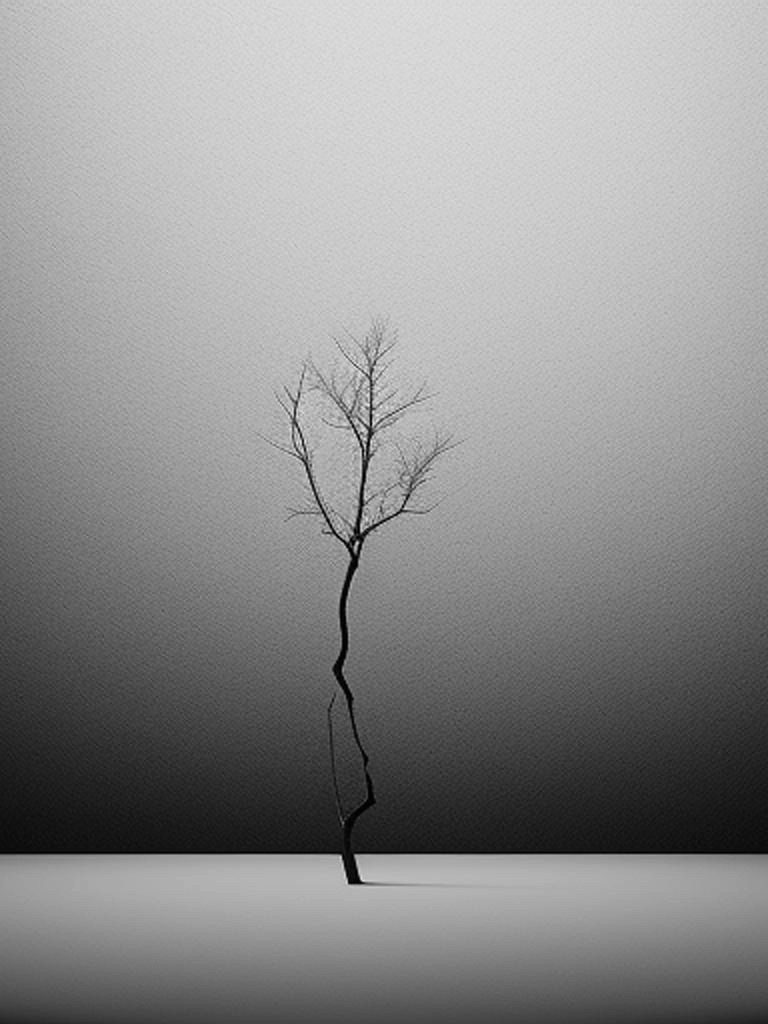
For Derrida, an event truly worthy of the name must be irruptive, unforeseeable, and incalculable, bordering on incomprehension...
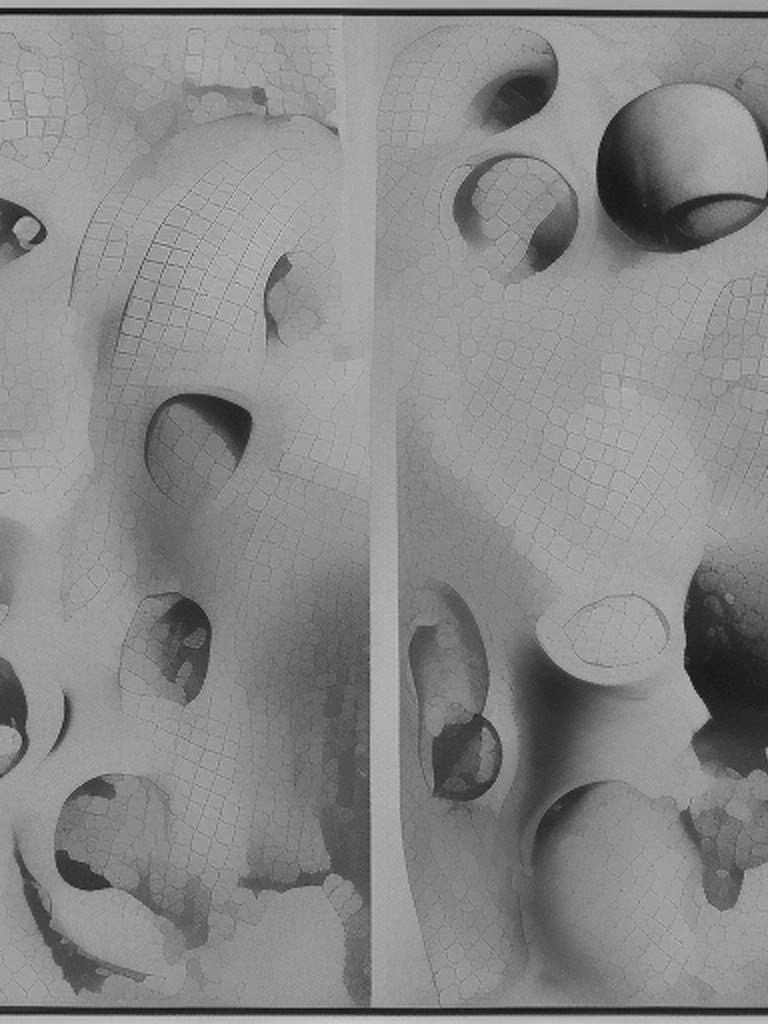
The supplement and its processes appear frequently in the writings of Derrida, but Of Grammatology is where this...
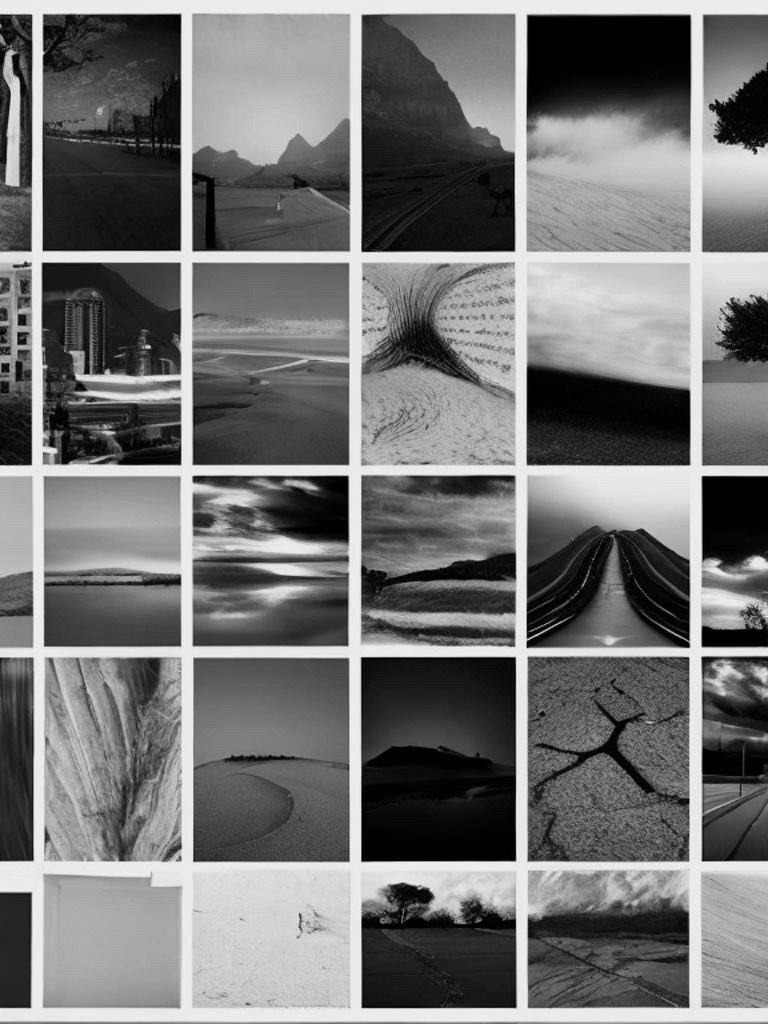
For Derrida, a decision that is truly worthy of its name takes place only by passing through the...

For Derrida, forgiveness occurs and first becomes possible only when it passes through its own impossibility, when it...
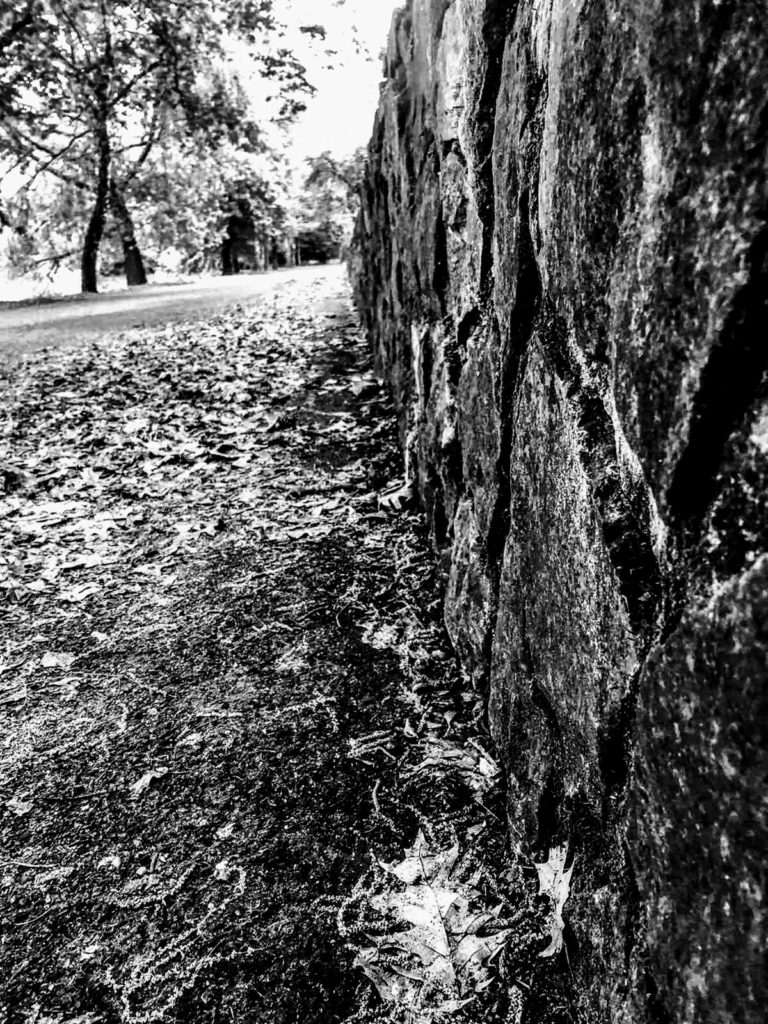
Heidegger thinks the earth in his thinking of the fourfold, which names the gathering of earth, sky, mortals,...
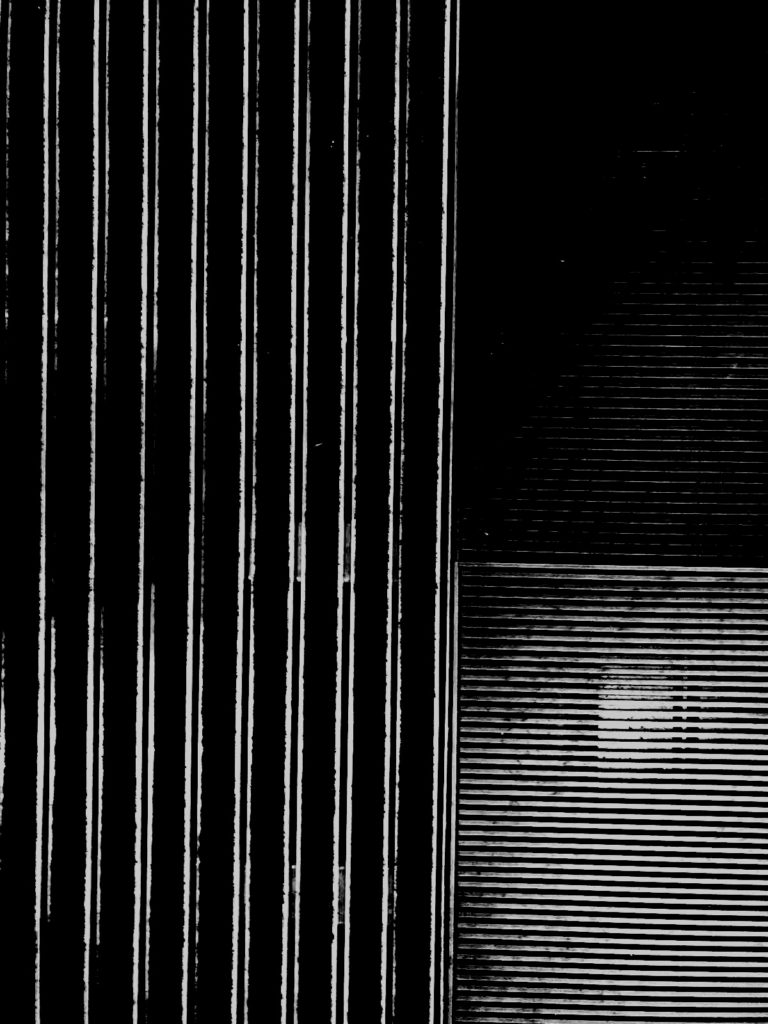
Poststructuralism passes through Freud’s thinking-theorizing in its disrupting of metaphysics, yet this passing transforms that through which it...
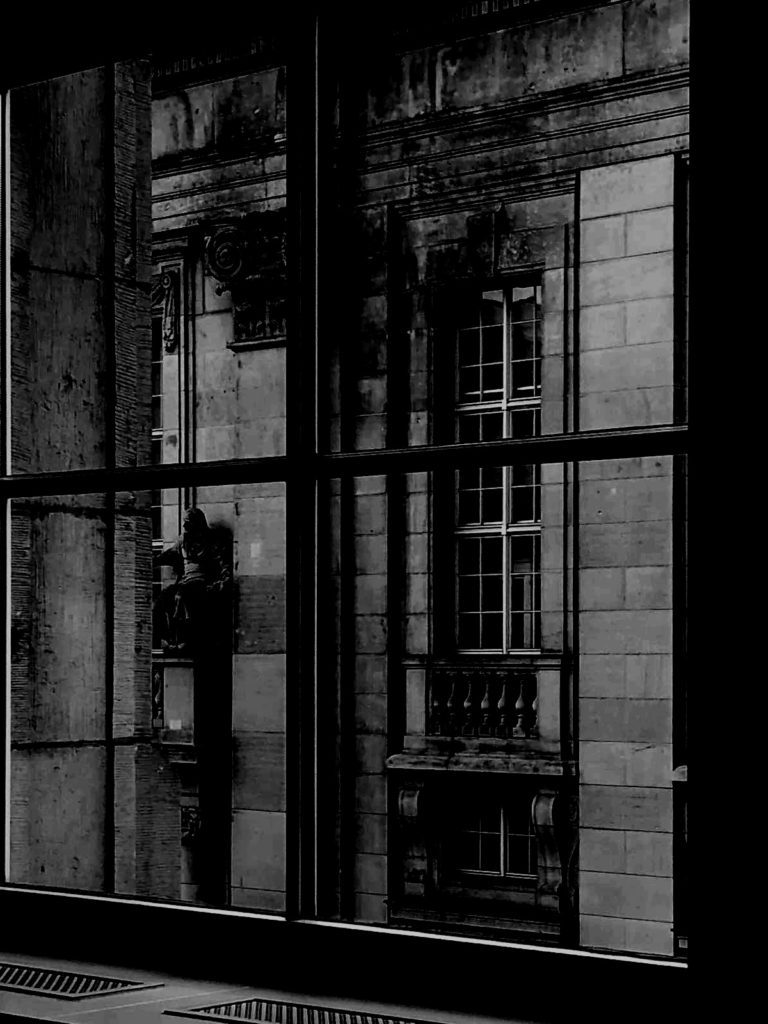
The German word that Heidegger uses is Befindlichkeit, which does not mean ‘mood’, but rather ‘how one finds...
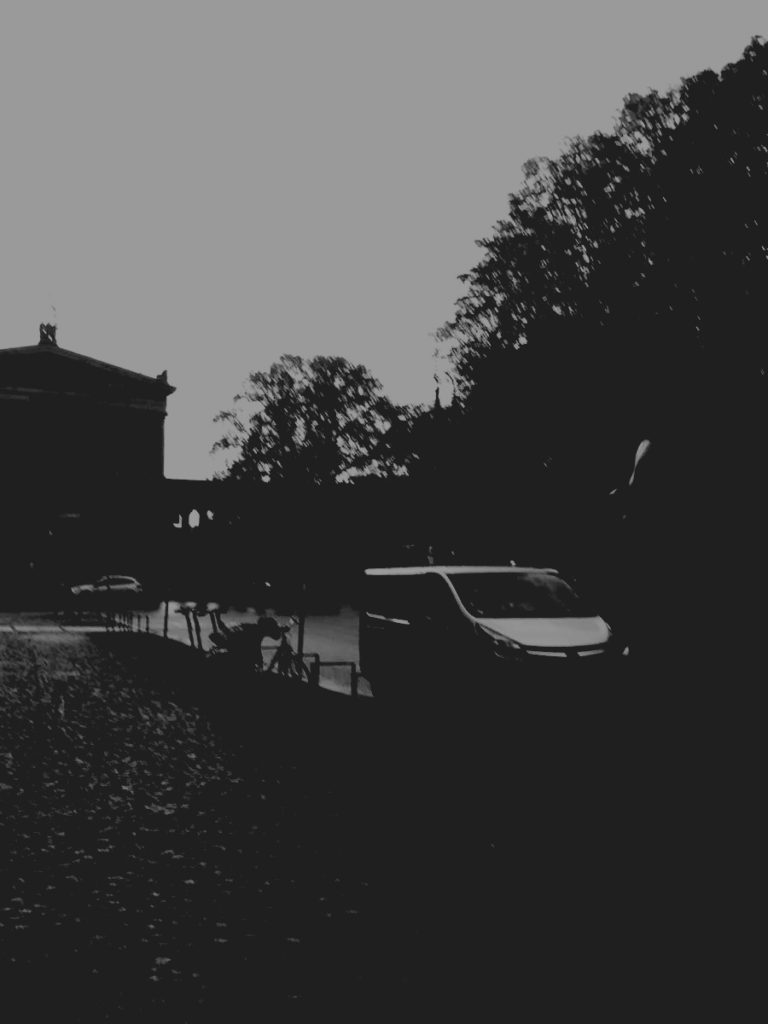
Nietzsche says that since there is no meaning awaiting there to be found, we always invent that for...
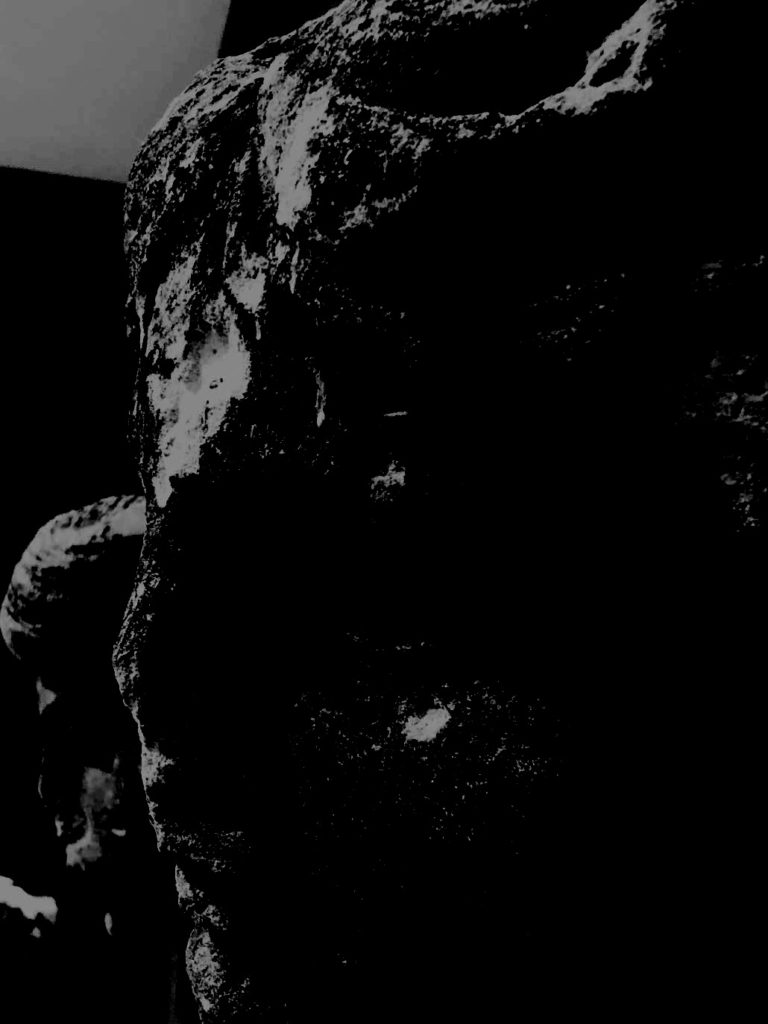
Perhaps it all began in Nietzsche’s philosophy; or perhaps the origin is very far from Nietzsche, yet it...
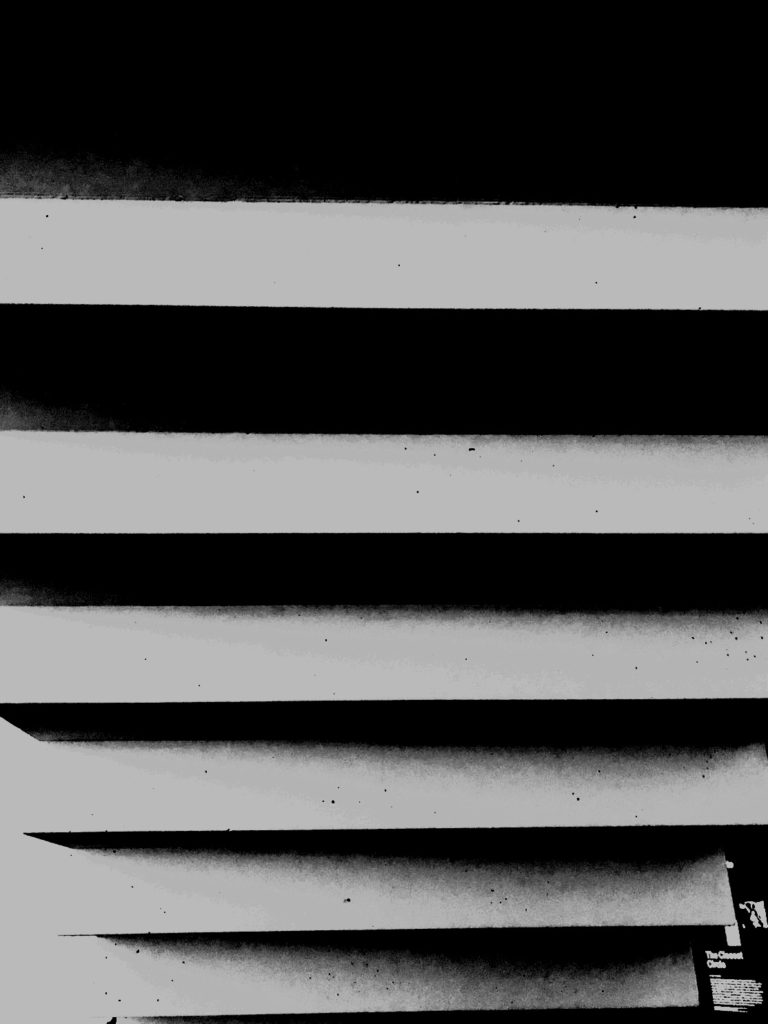
Every part of the postmodern city is multiple and other. The city is a discontinuity lacking any unity;...
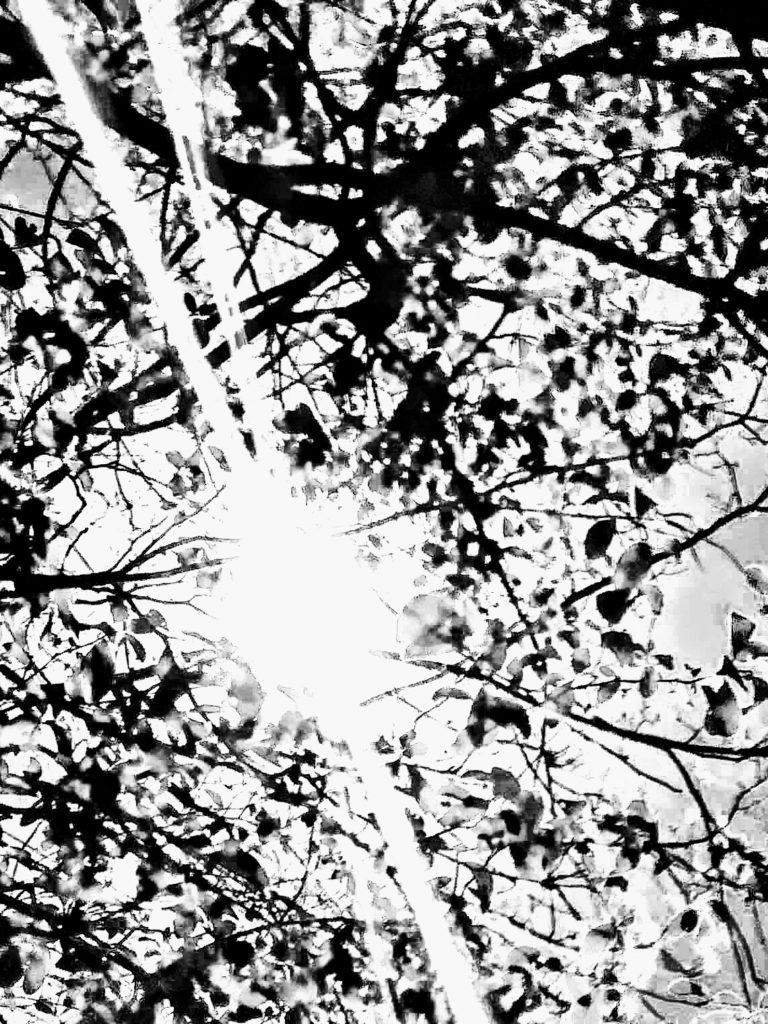
The fourfold thinks the thing. It is the gathering of earth, sky, mortals, and divinities into the forming...
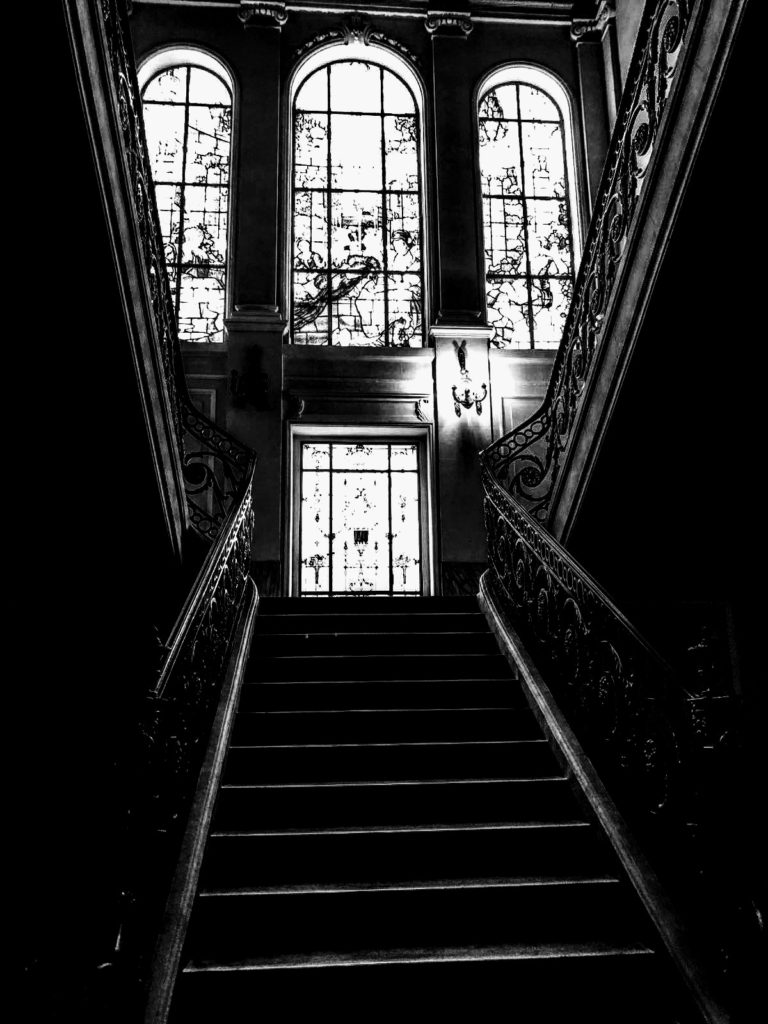
Foucault thinks the breaking up of history into fragments, and introduces a difference between histories of continuities and...
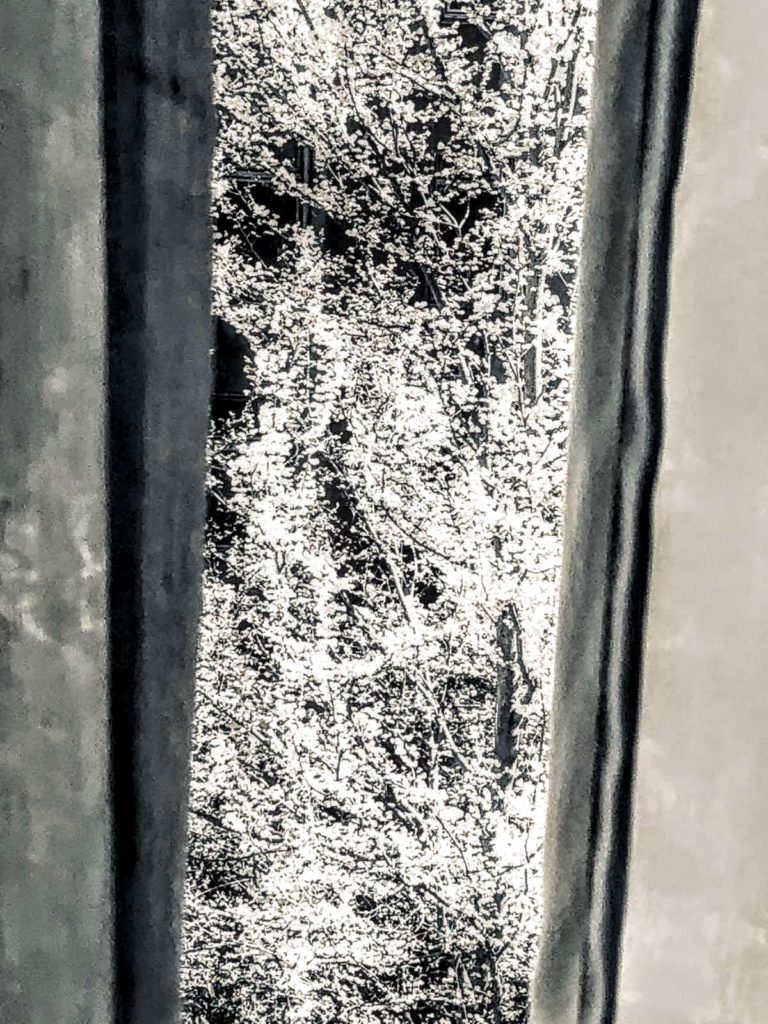
We belong to a time, according to Heidegger, in which a breaking up of the onto-theology holding metaphysics...